IIoT – The new normal for MSMEs
October 1, 2020 9:49 pm
MSMEs in the manufacturing domain in India face several challenges of speed, quality, flexibility, efficiency and productivity. OEM Update digs deep to find out how IIoT platforms are fast emerging as game-changers for MSMEs.
Benefits of IIoT in manufacturing for MSMEs
Sameer Prakash, Head – Digital Enterprise, Digital Industries, Siemens: Micro, small and medium enterprises (MSMEs) in the manufacturing domain in India face several challenges of speed, quality, flexibility, efficiency, operational resilience, and productivity. Open cloud-based Industrial Internet of Things (IIoT) platforms are fast emerging as game-changers for developing novel products, ideas and service delivery models. To achieve end-to-end integration of their data, industrial enterprises must first take the fundamental step of connecting their assets to the digital world. The raw data produced by plants, machines, systems and products cannot be comprehensively analysed without first being linked, captured and managed. Therefore the data-driven digital platforms like MindSphere, a cloud-based, open IoT operating system developed by Siemens, allows businesses including MSMEs to connect plant, processes, systems, machines and products to not only collect data but also analyse this data with powerful advanced analytical tools. The insights gathered from this analysis can be fed back into the product and production process of the manufacturing plant thus achieving a closed loop powerful decision environment for the enterprise. Such IIoT platforms offer pre-configured service packages, customised for particular industrial requirements. These packages with varying capabilities and attributes are aimed at targeted optimisation for businesses on various stages of maturity on their journey towards digitalisation.
Ninad Deshpande, Head – Communications & Marketing, B&R Industrial Automation: Improving productivity and efficiency, optimising processes, reducing costs and improving profitability are often the most concrete benefits of adopting IIoT in manufacturing. However, impacts of IIoT for MSMEs go well beyond. These advanced technologies help them to create value at multiple dimensions such as improved product quality, efficient operations and engineering and better process and factory efficiency. However, with consumer demands rapidly changing, IIoT is no longer an option but a necessity. Moreover, MSMEs can leverage various digitalisation possibilities from B&R for their digital transformation projects for maximising their gains. B&R Industrial Automation, a member of the ABB group, is an innovative company and a technology leader in automation and digitisation. With technologies and solutions such as virtualisation, Digital Twin, next generation industrial transport technology, secure remote access and maintenance, IT/OT convergence possibilities, easy diagnostics, open connectivity, edge computing, predictive maintenance solution among others, B&R is a preferred vendor for machine and factory automation.
Sighting one such example out of many, would be continuously growing variety of products produced in smaller batches, which makes it increasingly challenging for MSMEs with existing operations and resources, to operate production cells economically. B&R’s track technology is a revolution in adaptive manufacturing. This highly flexible transport system extends the economy of mass production down to batches of one. Similarly, connected factories and assets generate and process enormous volumes of data performing automated responses and boosting performance. Edge architectures couple with secure remote maintenance from B&R ensures that such machine and factory data reaches IT infrastructure or cloud safely and securely.
What is the payback period for IIoT related investments?
Ninad: The answer to “how quick I will get my RoI” lies in which IIoT solution and technologies a company is using. In addition, a well collaborated digitisation project needs a strong partner for achieving a successful implementation, which is directly related to payback period for any investments. However, it is important at the start for any organisation to not compare solutions or products based on merely costs. Technology should a deciding factor while making any IIoT related investments. The payback period largely depends on a quality and knowledgeable partner, high quality and performance products, right technology and solutions bridging actual gaps in existing operations and giving these investments a correct time for giving results. Moreover, a transparency at all levels and a clear understanding of business objectives amongst all stakeholders help in speeding up the implementation as well as the returns. Last but not the least trust amongst all stakeholders is vital for guaranteed success.
Sameer: IoT as an enabler for digital transformation can create value for private and public organisations alike when optimising processes or generating new business models out of data. While everyone is concerned about the technology stack, the digital transformation requires far more than just implementing a new technology. It is the change and adaption of the organisation to the new technology that makes it a success story. The investment budget for an IoT initiative must cover the costs for technical aspects, and also non-technical issues such as process adaptations, skill development, and change management. Each IoT journey is unique – driving a successful IoT implementation requires both technology expertise and an understanding of the business situation. The good part is that the integration of IIoT can be achieved in baby steps starting with the lowest hanging fruits and then, improved returns can fund continuous investments. In short, the technology will pay for itself and more.
Are Indian MSMEs prepared for IIoT?
Sameer: Traditionally, SMEs have been late or tentative in adopting game changing technologies. A real breakthrough in smart manufacturing will come when MSMEs in India start partnering with IIoT platforms that enable higher efficiency. For MSMEs to sustain and grow, both labour and productivity has to come together. The government through the setup of digital experience centres and a few private sector companies are also investing in training and skill development centres that allow MSMEs to try complex concepts in industrial processes and also get access to resources. However, the current skill-gap is huge and needs to be addressed quickly. Ultimately, the successful digital transformation of MSMEs calls for the alignment of their portfolio with Industry 4.0 standards and the evolution of their internal processes, systems and use of innovative business models like “pay per use” of resources.
To realise this vision, market leaders like Siemens have developed comprehensive Digital Enterprise portfolios that include all the technical prerequisites for the digital transformation including adoption of IIoT for MSMEs in India. Businesses of varying sizes can leverage them with manageable and progressive investment costs.
Ninad: IIoT was initially looked at as a disruption, but soon the perception of many changed of it being an evolution rather than a revolution. This changed outlook made a huge difference in aiding adoptions and spreading awareness that these technologies are here to help rather than disrupt the manufacturing landscape. Evolutions are always difficult. Today, Indian MSMEs are aware about the benefits and looking at embarking on their digital transformation journey. They are also working closely with partners for collaborating on possible technologies for implementation. Indian MSMEs are having the necessary arsenal for evolving their manufacturing practices and become globally competitive. Yet, there are many deterrents and challenges such as poor internet, insufficient funding, obsolete hardware etc. However, knowing the importance of IIoT, the Indian government has launched many schemes and strategies for helping Indian MSMEs to ease their troubles and leverage this digital transformation and become competitive globally. India is consistently pushing hard to boost its GDP and has launched programs such as ‘Make in India’ and ‘Digital India’.
Quotes:
Each IoT journey is unique – driving a successful IoT implementation requires both technology expertise and an understanding of the business situation.
Sameer Prakash, Head – Digital Enterprise, Digital Industries, Siemens
The payback period largely depends on a quality and knowledgeable partner, high quality and performance products, right technology and solutions bridging actual gaps in existing operations and giving these investments a correct time for giving results.
Ninad Deshpande, Head – Communications & Marketing, B&R Industrial Automation
Cookie Consent
We use cookies to personalize your experience. By continuing to visit this website you agree to our Terms & Conditions, Privacy Policy and Cookie Policy.



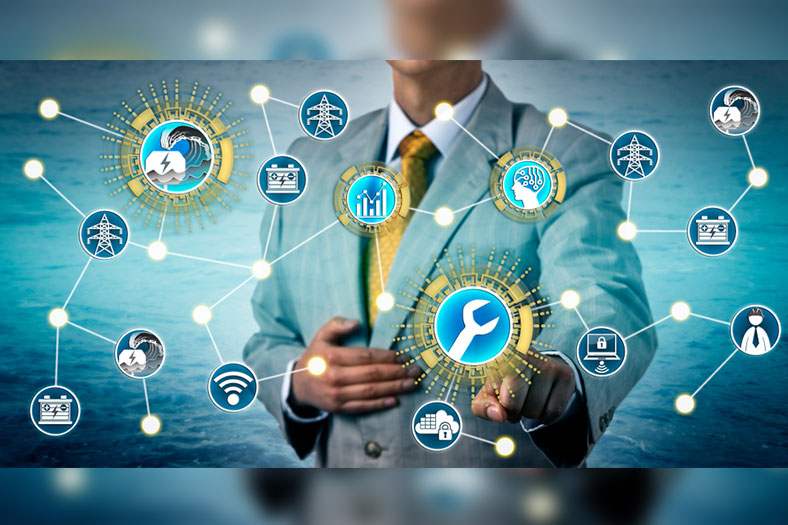


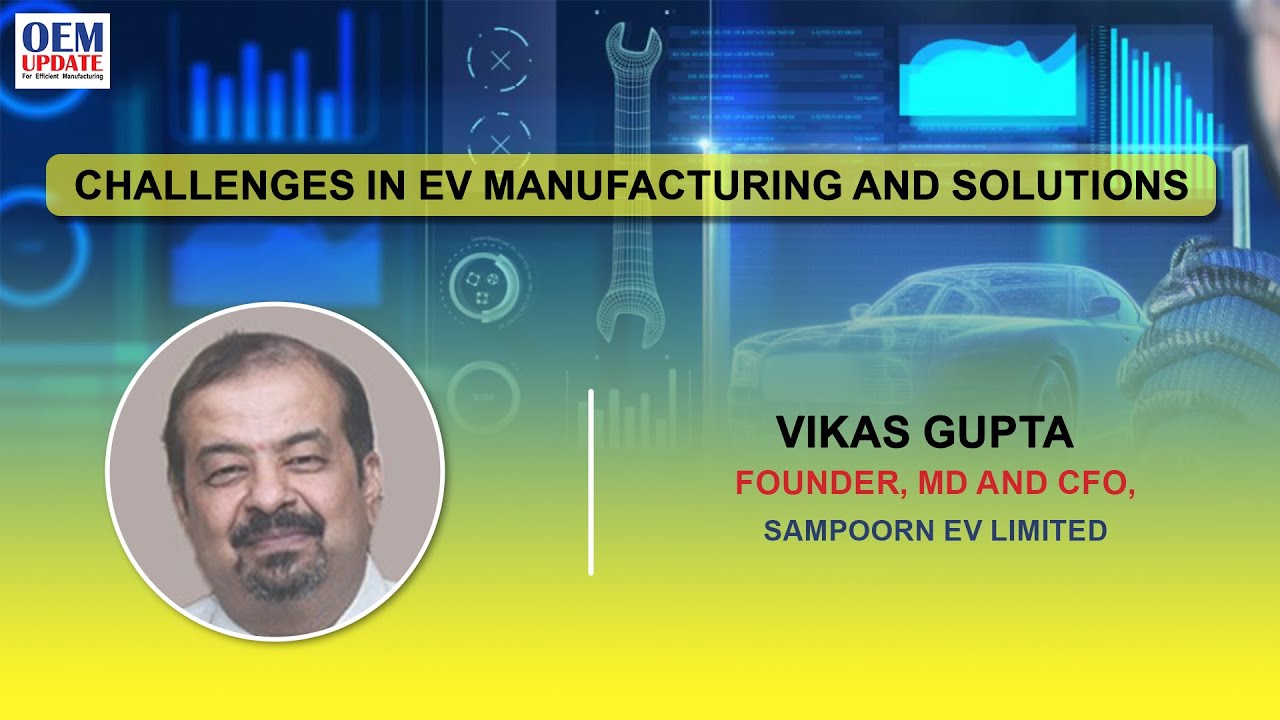
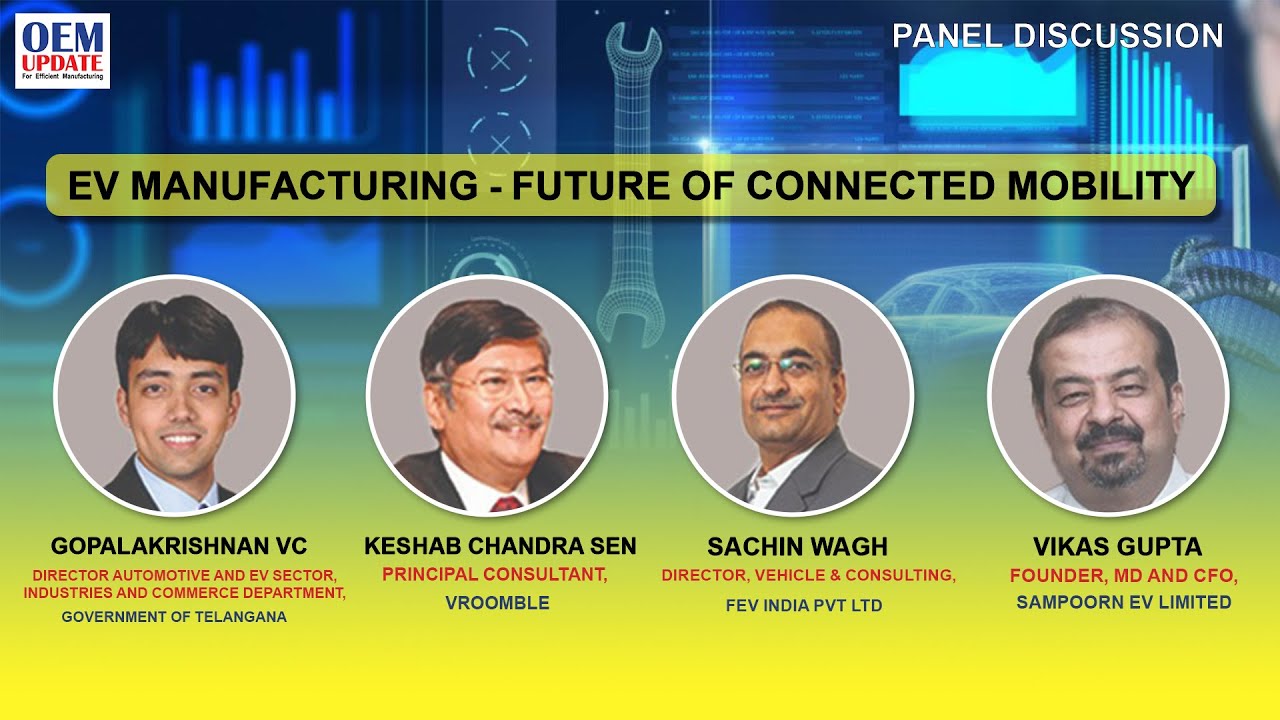
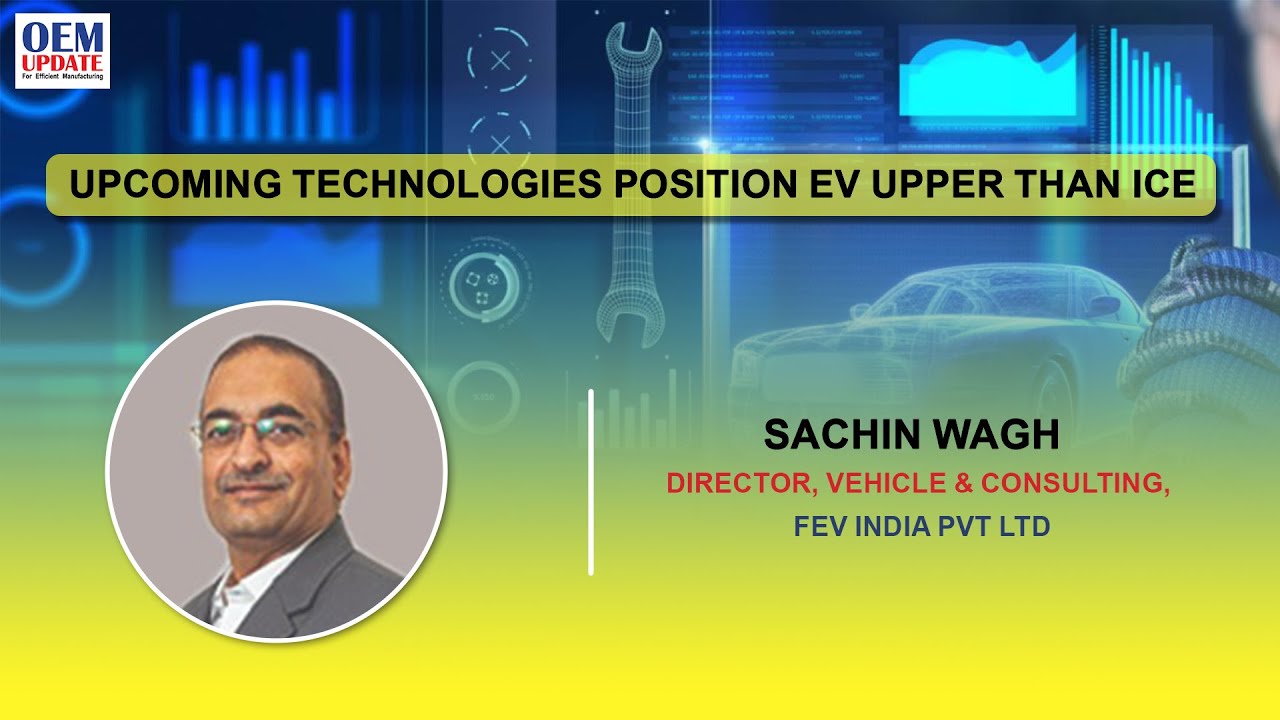
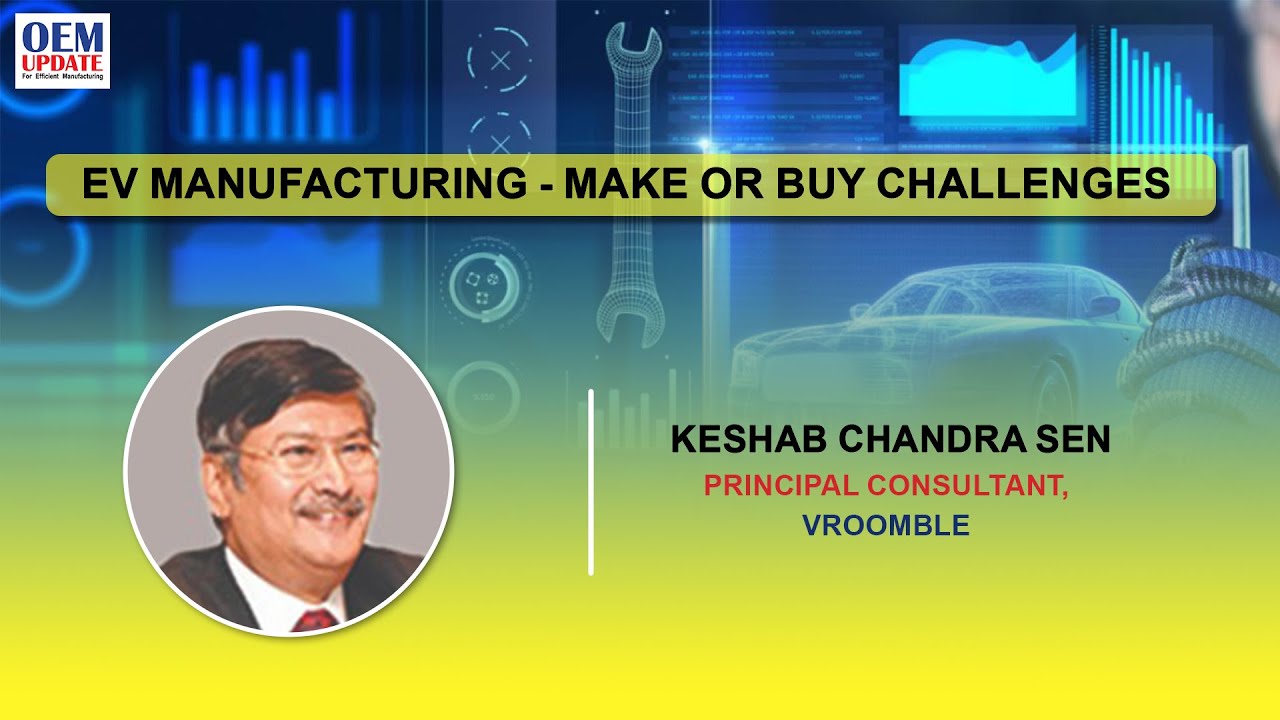
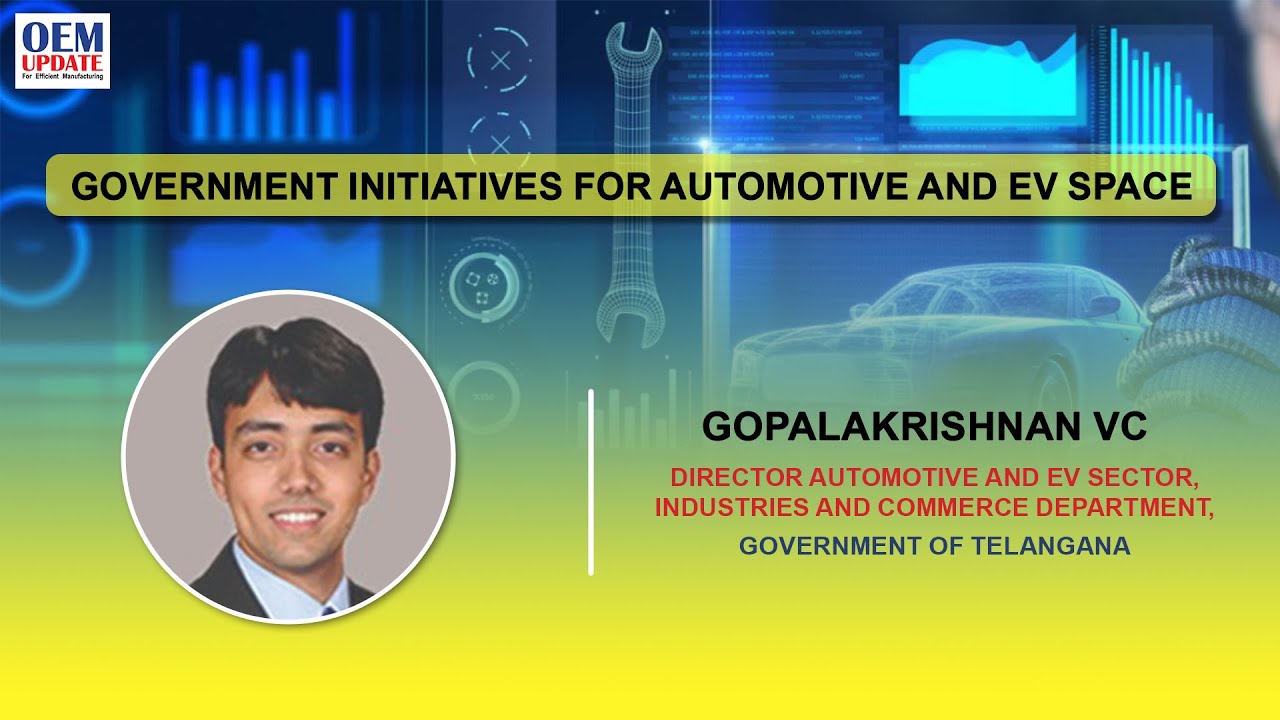

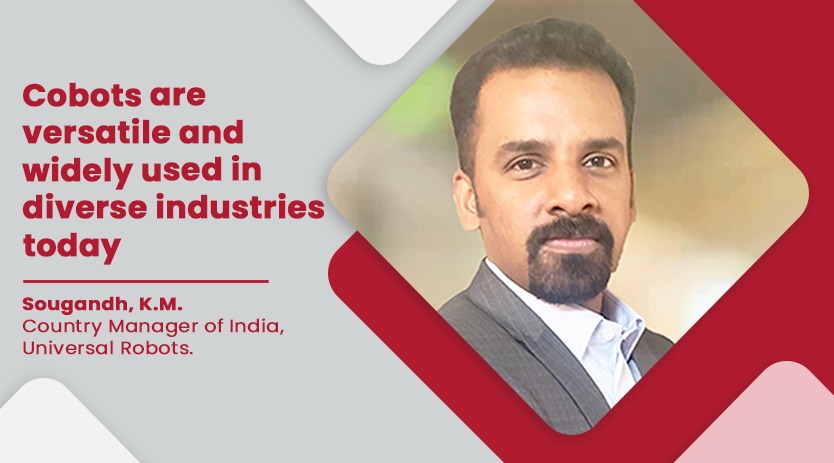
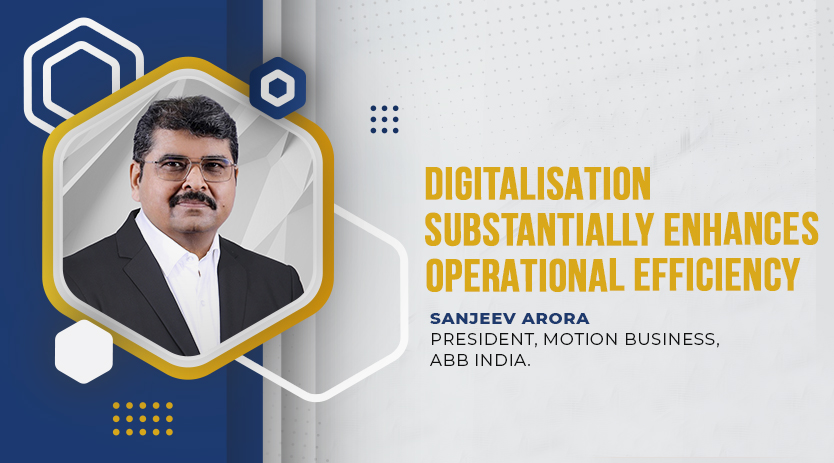



 English
English Hindi
Hindi